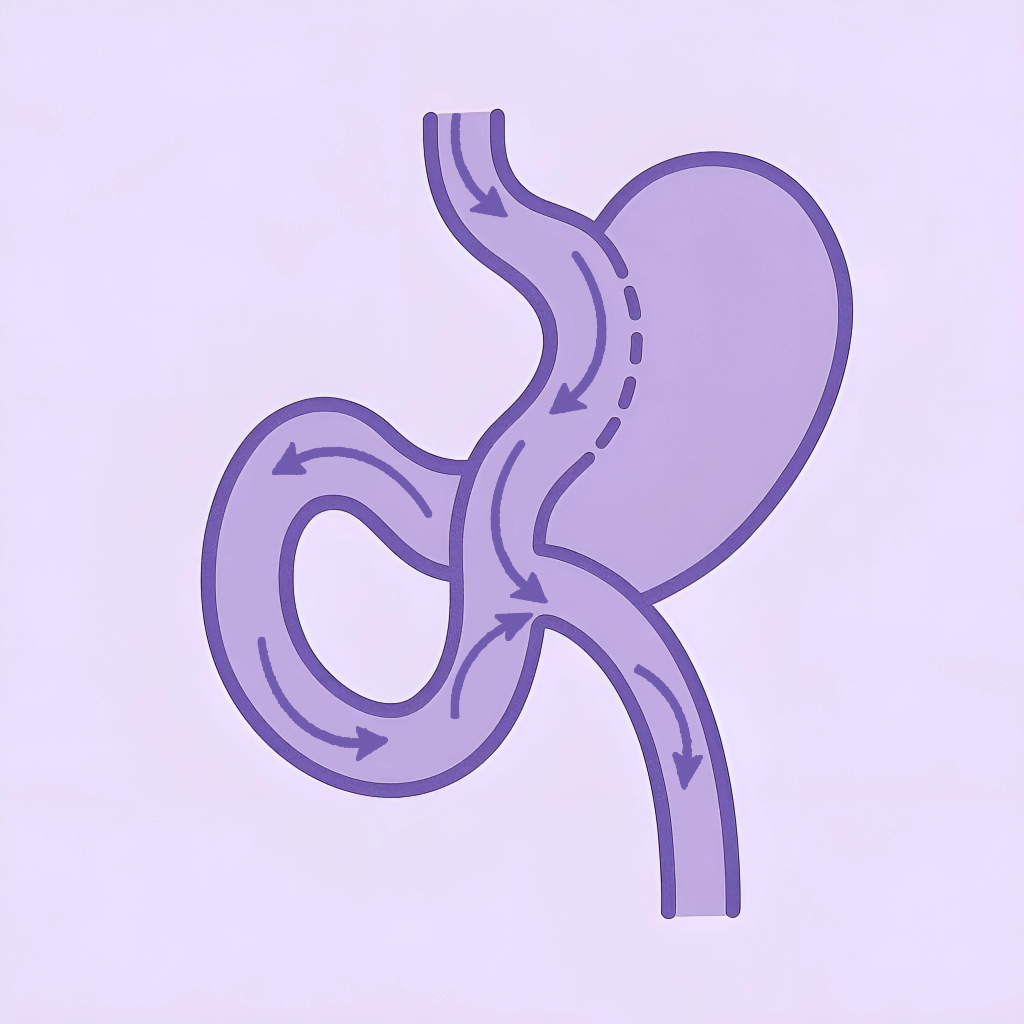Cáncer de Mama







El cáncer de mama es una enfermedad en la que se forman células malignas en el tejido mamario y que puede propagarse si no se trata.
Descripción General
El cáncer de mama se desarrolla cuando las células anormales crecen de manera descontrolada en los conductos o lobulillos de la mama. Los conductos son responsables de transportar la leche al pezón, mientras que los lobulillos producen la leche. Cuando se forma cáncer, puede extenderse más allá de la mama a través de los vasos sanguíneos o linfáticos, lo que lleva a la metástasis. Los tipos más comunes de cáncer de mama son el carcinoma ductal invasivo y el carcinoma lobulillar invasivo, aunque también existen otras formas raras.
Varios factores pueden aumentar el riesgo de desarrollar cáncer de mama. El envejecimiento juega un papel importante, ya que la mayoría de los casos ocurren después de los 50 años. Las mutaciones genéticas, particularmente en los genes BRCA1 y BRCA2, y un historial familiar de cáncer de mama u ovario también aumentan el riesgo. Otros factores contribuyentes incluyen la menstruación temprana (antes de los 12 años), la menopausia tardía (después de los 55 años), el tejido mamario denso, la radioterapia previa y un historial personal de afecciones mamarias. Factores relacionados con el estilo de vida, como la obesidad después de la menopausia, la inactividad física, la terapia hormonal a largo plazo, el consumo de alcohol y tener un primer embarazo a una edad más avanzada o no tenerlo en absoluto, también pueden contribuir a la probabilidad de desarrollar cáncer de mama.
Síntomas y Diagnóstico
Los síntomas del cáncer de mama pueden variar, pero incluyen un bulto en la mama o en la axila, engrosamiento o hinchazón de la mama, cambios en el tamaño o la forma, secreción del pezón o dolor persistente. Algunas personas pueden no experimentar síntomas, lo que hace que los exámenes regulares sean cruciales para la detección temprana.
El diagnóstico incluye mamografías, ecografías y resonancias magnéticas, que ayudan a detectar crecimientos anormales. Se realiza una biopsia para confirmar el cáncer y determinar su tipo. Pruebas adicionales, como el estado de los receptores hormonales y HER2, ayudan a los médicos a decidir el tratamiento más eficaz.
Tratamiento
El tratamiento del cáncer de mama depende del estadio, tipo y factores de salud individuales. La cirugía suele ser el primer paso e involucra una lumpectomía o mastectomía, con o sin extirpación de los ganglios linfáticos. La quimioterapia se utiliza para reducir los tumores antes de la cirugía o para destruir las células cancerosas restantes después de la intervención.
La radioterapia se dirige a las células cancerosas que quedan después de la cirugía, mientras que la terapia hormonal y la terapia dirigida bloquean el crecimiento de las células cancerosas en los casos de cánceres hormonales positivos o HER2-positivos. En casos avanzados, se puede recomendar la inmunoterapia para ayudar al sistema inmunológico a combatir el cáncer.
Detalles del Procedimiento
La cirugía de cáncer de mama implica la extirpación del tumor y, si es necesario, los ganglios linfáticos cercanos para prevenir la propagación del cáncer.
Se administra anestesia para la comodidad del paciente. Se realiza una incisión en la mama.
El tumor se extirpa (lumpectomía) o se extirpa toda la mama (mastectomía).
Se pueden extirpar los ganglios linfáticos cercanos para su evaluación.
La incisión se cierra y comienza el cuidado postoperatorio.
Recuperación
La recuperación varía según el tipo de cirugía. La mayoría de los pacientes se recuperan de una lumpectomía en unas pocas semanas, mientras que la recuperación de una mastectomía puede tomar más tiempo. La hinchazón, el dolor y la movilidad limitada temporalmente del brazo son comunes, pero son manejables con el apoyo médico.
El cuidado posterior personalizado incluye el manejo del dolor, el cuidado de la herida y la orientación sobre fisioterapia para restaurar la movilidad. Las consultas regulares aseguran una curación adecuada, y se pueden recomendar tratamientos adicionales como radioterapia o quimioterapia según los resultados de la patología.
Tiene preguntas sobre su tratamiento?

Preguntas Frecuentes
Encuentre respuestas a consultas comunes
Necesita soporte personalizado?
Envíenos un mensaje por WhatsApp para obtener una respuesta rápida; respondemos en minutos
En qué tipos de procedimientos quirúrgicos se especializa el Dr. Gül?
Qué factores convierten a Turquía en un destino de referencia para procedimientos quirúrgicos?
Cuál es el tiempo de recuperación habitual para la mayoría de las cirugías?
Qué procedimientos bariátricos ofrece la clínica?
Cuánto peso se espera perder después de una cirugía bariátrica?
Qué idiomas habla el Dr. Gül y su equipo?
Será necesario tomar suplementos después de la cirugía bariátrica?
Cubren los seguros estos procedimientos?
Es posible combinar el tratamiento con un viaje a Turquía?
Qué tipo de soporte postoperatorio está disponible?
Nuestra experiencia

Manga Gástrica
La gastrectomía en manga es un procedimiento bariátrico mínimamente invasivo que consiste en la resección de aproximadamente el 80% del estómago

Bypass Gástrico Mini
Simpler, less invasive gastric bypass for significant weight loss and diabetes control.

Balón Gástrico
El balón gástrico es un procedimiento no quirúrgico y temporal para la pérdida de peso que consiste en colocar un balón suave e inflable en el estómago para reducir el hambre y limitar la ingesta de alimentos.
Siga al Dr. Gül en Instagram





